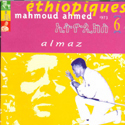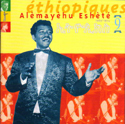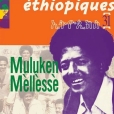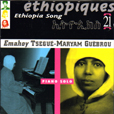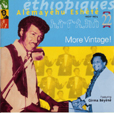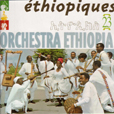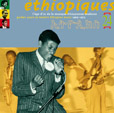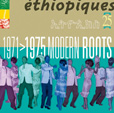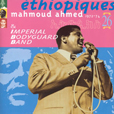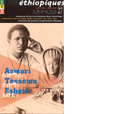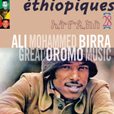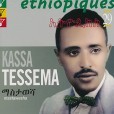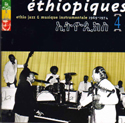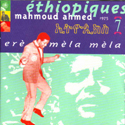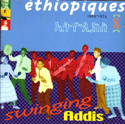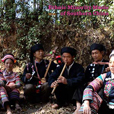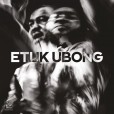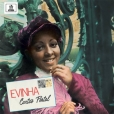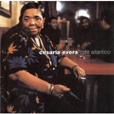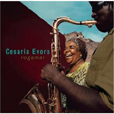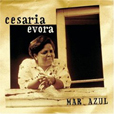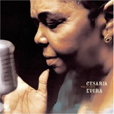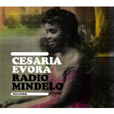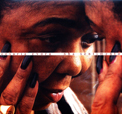Your basket is empty

His first LP, Almaz, originally released in 1973.
Frantic rock and heartrending ballads from this showman with the Little Richard pompadour.
Unmissable, wonderful solo piano. Chopin, Tatum, Satie and company, steeped in the Ethiopian sound.
Like volumes one and three, drawing on the legendary Amha Records catalogue, with several newcomers to this fantastic series, and a couple of very early Mulatus. You know what to do.
The great singer in rambunctious, rootsy and jazzy recordings from 1972-4.
Precious relics from Berlin, 1908. UNESCO has stumped up for a lavish presentation, with fine notes and translations; but surely the fly in the ointment is the difficulty of actually listening through the music.
The Imperial Bodyguard Band singer, who tuned his guitar like an oud. Oromo reasoning about love, existence and resistance, with a tasty Arab twang. Mississippi presented him on vinyl recently.
Bluesily poetic baritone singing in the great post-war tradition of Assèfa Abatè, Fréw Haylou, Asnaqètch Wèrqu, Kètèma Mèkonnen and co. Lovely.
Presenting the musical giant, keyboardist Mulatu Astake — that’s him on the sleeve with Duke Ellington.
Collects Ahmed’s 1975 recordings for the Kaifa label, including the LP Ere Mela Mela released in Europe by Crammed Discs, back in 1986.
Soul, rhythm and blues, even the Twist re-articulated in Addis Ababa.
Infectious songs and rootical instrumentals — the fifth SF album presenting Laurent ‘Kink Gong’ Jeanneau’s amazing documentation of the vanishing indigenous music of the rural Asian frontiers.
Her classic third LP, from 1971, originally released by Odeon Brazil.
‘Gems like Que Bandeira, composed by Marcos Valle, blending funk/soul and bossa/MPB; Esperar Prá Ver, co-written by her brother Renato Corrêa, with its stunning arrangement and an epic bassline that is hard to get out of your head; the archetypal samba soul of Só Quero; and vocal-driven groovy jams like Por Mera Coincidência and Rico Sem Dinheiro, spiced with celestial strings and heavy-duty drums and basslines.’
Early recordings.
